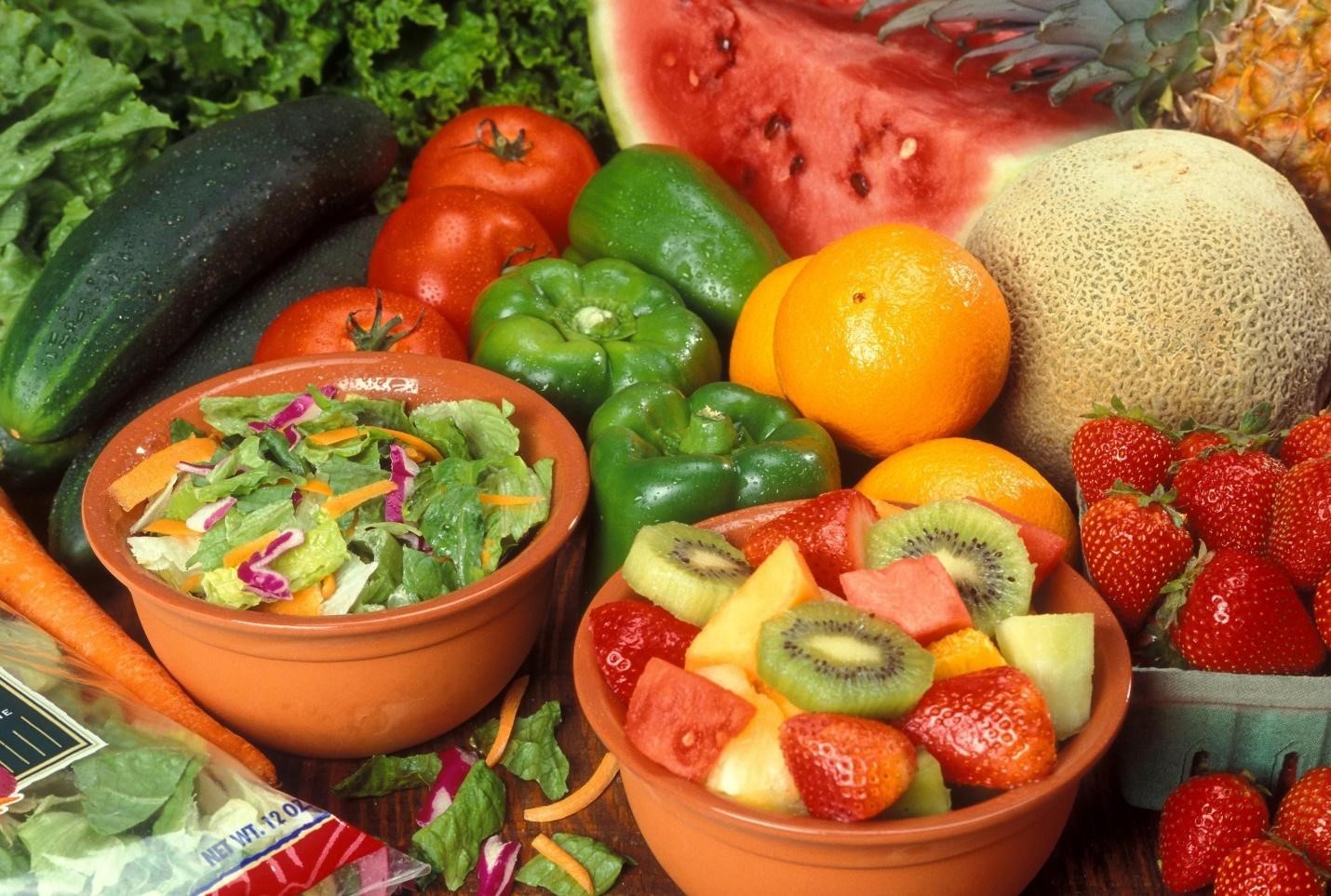What Are the Risks?
With recent initiatives to reduce unnecessary packaging, more of us are buying loose fruit and vegetables, which tend to have more soil or debris on them. The soil or other matter can contain bacteria such as E. coli. If this surface coating is not thoroughly removed from the fruit or vegetables, you may be at risk of infection, which for some individuals can be serious. It is a consideration that House Keeper Carers London company https://www.guardiancarers.co.uk/services/housekeeper-carer need to bear in mind when working with their care client. For some individuals help with preparing meals as well as household chores may be necessary and it is important for these professionals to always ensure that the health of their clients is at the forefront of everything they do.

Who Is at Risk?
Children, the elderly, pregnant women and those with existing health conditions will be particularly at risk of serious infection from poorly washed fruit and vegetables and this is often where carers will come in to help. People who have a compromised immune system will not be able to fight off the infection caused by the harmful bacteria that would still be present on the surface of such foods.
How to Wash Fruit and Vegetables
If the food has a heavy covering of soil, you should first brush as much of this away as possible. The remaining debris should then be removed in a bowl of clean water, with the soil being brushed gently away either with the fingers or a vegetable brush. Using running water can increase the risk of bacteria being spread through splashing onto surfaces near the sink.
Storing Fruit and Vegetables
Whilst it is always best to use fresh produce quickly to get the best flavour and nutrients from the food, this is not always possible. Many fruits and vegetables retain their flavour best when stored at room temperature (particularly tomatoes, garlic and onions). Other fresh fruit and vegetables (such as apples, asparagus and melons) are best stored in a refrigerator, where it is important to separate unwashed foods from other items. You must check that your refrigerator is set to the correct temperature and remember that this setting may need to change at different times of year.
General Hygiene Tips
To avoid cross-contamination between unwashed fruit and vegetables and other foods, you must take care with storage and also when handling food. Make sure that you wash your hands thoroughly after preparing foods that may contaminate, such as raw meat or unwashed vegetables. Finally, always clean the chopping boards, knives and other utensils that have been used to prepare such foods.